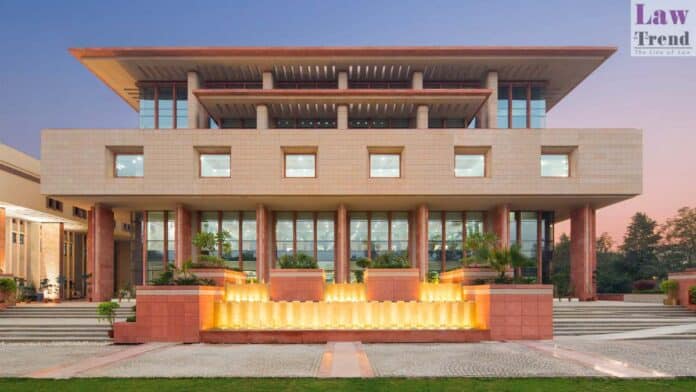The Delhi High Court has dismissed a plea seeking government employment on compassionate grounds, asserting that such appointments are meant to address urgent financial crises faced by a family immediately after the death of a government employee and cannot be claimed decades later.
A division bench of Justices C Hari Shankar and Om Prakash Shukla, in an order dated July 30, rejected the petition filed by a man whose father, Vijay Kumar Yadav, a constable with the Central Industrial Security Force (CISF), had died in harness in September 1988.
The court observed that compassionate appointments are neither a “perpetual right” nor an “alternative mode of recruitment” and are intended solely to provide immediate relief to families plunged into hardship following the death of a breadwinner.
Initially, in February 2000, Yadav’s wife had applied for compassionate appointment but was found ineligible due to a lack of requisite qualifications for the constable post. Years later, in February 2018, her son — the present petitioner — filed a fresh application after attaining majority in 2014 and acquiring the necessary qualifications.
However, his request was rejected in January 2020, leading to the current legal challenge.
The bench noted that the petitioner’s counsel failed to present any rule or executive instruction allowing such a claim 18 years after the demise. “Compassionate appointment caters to a very specific exigency, which dies with efflux of time. It is not a right which continues in perpetuity till purged,” the court said in its judgment.
Highlighting the purpose of the scheme, the bench added, “It is well settled that compassionate appointment is not an alternative mode of recruitment… the authorities must be satisfied that the family of the deceased is in immediate need of assistance.”




